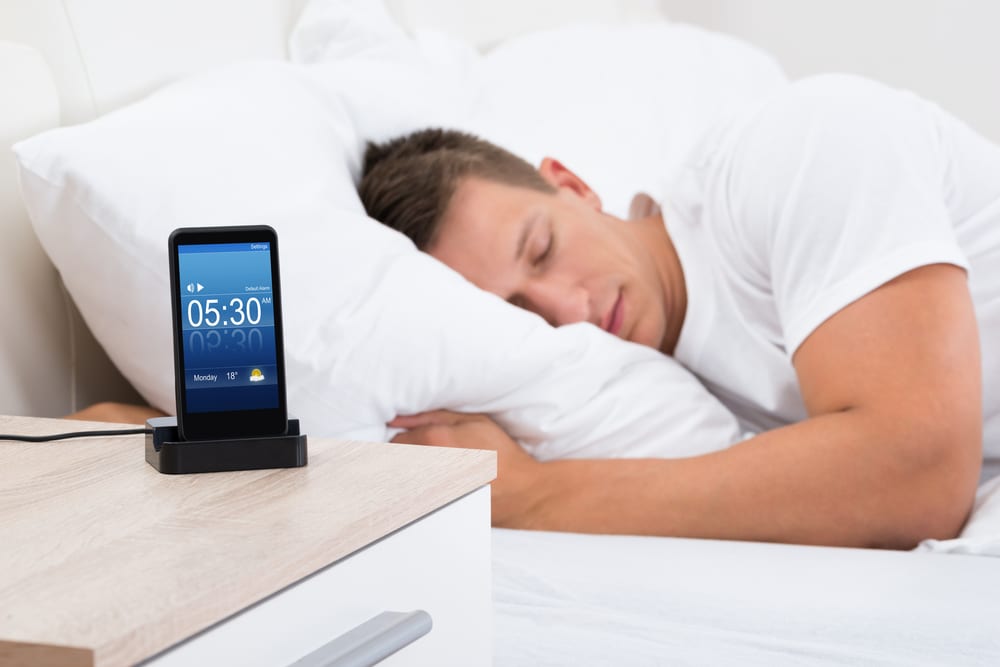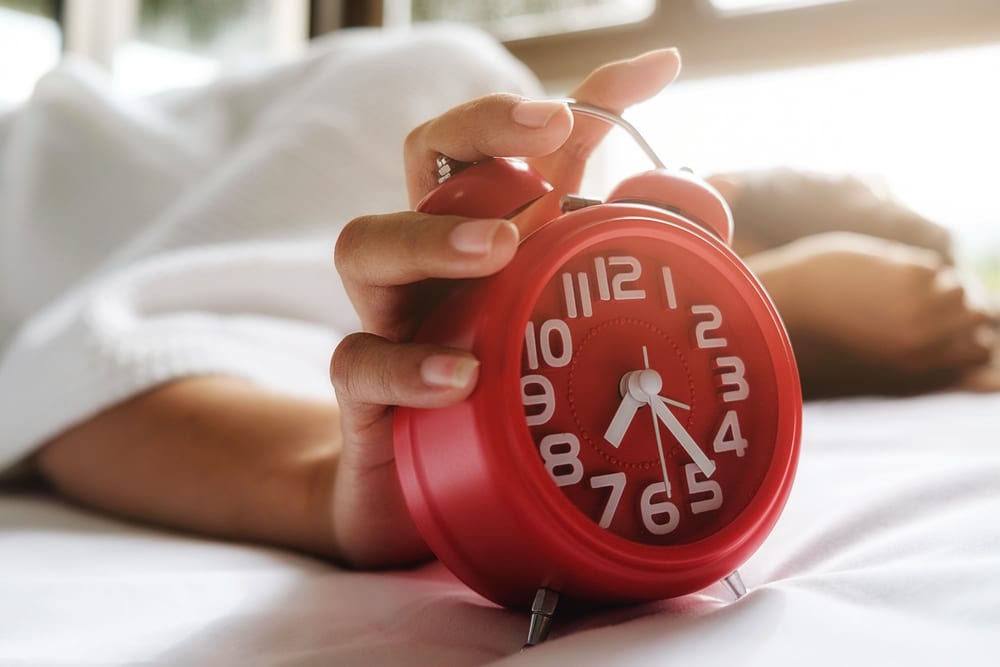Tired yet not able to sleep? Disturbed sleep? Unrefreshing mornings? You probably need to keep a check on your lifestyle. Yes, your eating habits, your routine and sleeping patterns are all important contributors to an undisturbed slumber. If you have difficulties in the same, read on to find how to overcome these with just some simple steps to follow.

12. Maintain a regular sleep schedule
Synchronize with your body’s natural sleep-wake cycle. If you maintain a routine, waking up and dozing off at the same time everyday you will wake up more jazzed up. This gets hampered even if you alter your schedule by an hour or two. If you need to cover up on your lost sleep take a daytime nap rather than sleeping late and be smart about it to recharge yourself. Do it in the early afternoon hours and limit it to thirty minutes. Combat with after-dinner sluggishness. If you feel sluggish way before your bedtime, do something stimulating else you will wake up later at night and find trouble falling asleep again.

11. Maintain a sleep-friendly atmosphere.
Avoid or eliminate sounds from other people in the household, barking dogs, etc camouflaging it with relaxing and soothing ones which trigger sleep rather than halt it. Temperature affects sleep so keep it cool with adequate ventilation. The bed must be complacent so as to provide you with enough room to turn and stretch with a supportive mattress and pillow.

10. Eat right.
Avoid late dinners and make it the lightest meal of the day. Avoid rich and heavy foods within two hours of sleep. They take a lot of time to digest and may keep you up till long. Avoid alcohol. It is believed to spark sleep but is counter-intuitive. It makes one fall asleep faster but confines the quality of sleep and increases midnight waking. Eliminate caffeine either completely from your diet or make it a strict no after lunch. It affects sleep up to ten to twelve hours after its consumption. Drinking lots of fluids just before the bed results in disturbed sleep as the visits to washroom become intermittent. Quit smoking as nicotine disrupts sleep.

9. Cope with irregular shifts.
Working at nights or irregular shifts leads to daytime sleepiness and affects your mood as well. Try to eliminate night shifts as much as possible as it is against the natural forces. Drink caffeinated drinks during early hours of the shift. If avoidance is a strict not possible, make sleep a priority at the weekends and compensate its loss during the week.

8. Build a castle in the air.
Fantasize. Imagine yourself in a ‘happy place’ completely contented. Imagine vast stretches of blue land, huge masses of ice, the sight of penguins, a valley with beautiful flowers, complete serenity. This will relax your muscles and wash away the worries from your brain which interfere with your sleep and you will doze off in no time embraced by the goodness of your dreams.

7. Challenge yourself to stay awake.
Sounds funny, doesn’t it? But it is indeed very effective. It’s called sleep paradox. Challenge your mind to stay awake and it will rebel. The brain doesn’t process negatives very well. Try and keep your eyes wide open and they will gradually shut off. Keep repeating to yourself that you won’t sleep.

6. Don’t let your mind race at the pace of a horse. Do Journaling.
We tend to forget what we need to do the next day and perplexing and prodding about the same irritates the mind and reduces sleep. It makes us stay awake till long with continuous cribbing about forgetting something or the other. The best way to deal with this is to create a to-do list well before the time to bed. Pen down everything with careful consideration and thought and stick it somewhere or place it near your bed so that you don’t have to worry about reminding yourself of all the tasks that need to be accomplished the next day and you can go off to bed with a calm composed and satisfied mind.

5. Let go of your gadgets at least an hour before bedtime.
Light emitting devices stimulate and engage your mind which is opposite to what you desire. Cell phones, tv, iPad, iPods and all the other gadgets should be kept away if you wish to have a good night’s sleep. Studies show that people who make use of the same in the bed take about an hour to sleep and have a disturbed sleep pattern due to the agitated muscles.

4. Refrain yourself from checking the clock.
When you keep checking your clock at the wee hours of the night your sleep suffers. One gets worried about the limited number of hours left for sleeping and the mind starts processing thoughts and this awakens your relaxed muscles and it gets difficult to sleep in again. Put your alarm away or in the drawer and keep your cell phones away.

3. Avoid pets in your bed during sleep.
A pet’s movements not just interfere with your sleep but they also contribute to fur, fleas and pollen to your bed and it results in sleep-wrecking allergies. So refrain from sleeping with your pet. Let it doze off in its private comfortable bed. Good sleep hygiene has a massive impact on the quality of your sleep and you wake up refreshed.

2. Increase melatonin.
Melatonin has been found to increase sleepiness, help fall asleep quickly, reduce restlessness, and reverse daytime fatigue. It is a natural substance made by the body and has other health benefits as well. It is ideal to increase its levels naturally by adequate exposure to sunlight and complete darkness at night. If things don’t work out one can take melatonin supplements as well.

1. Ask for Help.
If you’re done trying with almost all possible measures to get yourself some snooze time, yet are unable to do so you might have a serious sleep disorder which requires medication and proper treatment otherwise it can go worse.
The symptoms can be:
Persistent fatigue
Loud snores
Difficulty falling asleep or staying asleep
Frequent morning headaches
Inability to move while falling asleep or waking up
Physically acting out dreams during sleep
Falling asleep at inappropriate times
Try and follow some of these for a better night’s sleep. A good sleep awakens you fresh and ready for a challenging day without fatigue and monotony. A good sleep is more under your control than you think. A scheduled, healthy and hygienic lifestyle is the key to peaceful slumber. So with these simple steps wave off disturbed sleep a goodbye and embrace your dreams wholeheartedly.
